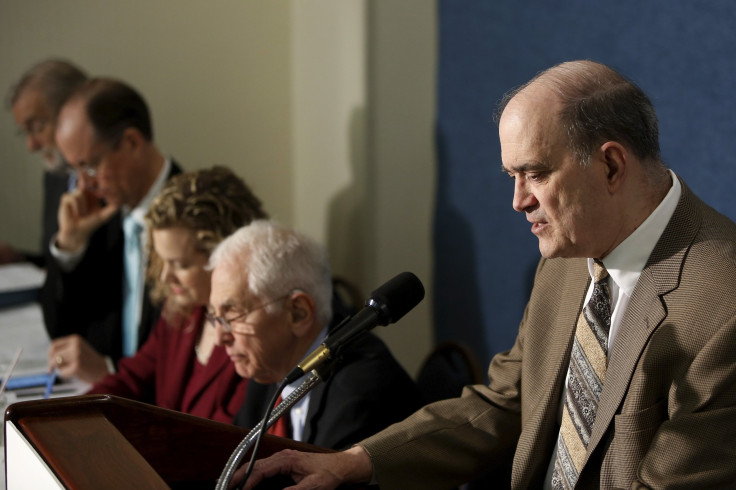NSA Converts Phone Conversations Into Searchable Text Database With 'Google For Voice' Program: Snowden

The U.S. National Security Agency has developed technology that automatically converts audio recorded from phone calls into text transcripts, secret documents reveal. Those transcripts, which also translate foreign languages into English, are then stored in vast databases searchable with common keywords.
Classified 2009 documents leaked from the NSA by former contractor Edward Snowden and published by the Intercept Tuesday make it clear that the NSA deployed the "Google for voice" surveillance program at least 10 years earlier. Perfect voice transcription remains the “holy grail” of intelligence agencies, wrote the Intercept's Dan Froomkin, but the existing program does contain algorithms that identify conversations of potential interest and “extracts” content shared in voice calls. Most of the documents released by Snowden so far have given the public an insight into metadata extracted from emails, text messages and other text-based communication.
If, or how frequently, the technology called Dragon Dictate is used on Americans located inside the U.S. wasn't immediately clear, though the Intercept report mentions use in Latin America as well as conflict areas including Iraq and Afghanistan. Previous disclosures have indicated that the NSA does engage in other forms of domestic surveillance, including the indiscriminate collection of phone records and obtaining direct access to social networks.
Government Communications Headquarters, the British equivalent to the NSA, was using a similar voice program since at least 2004, the documents published Tuesday show.
This disclosure comes one week after former NSA mathematician William Binney told reporters that the NSA is undercutting its own effectiveness by collecting so much data on international communication. Information overload isn't about the morality of spying, Binney said, but the practical problems that are created when intelligence analysts can't sift through vast data quickly enough.
“That's why they couldn't stop the Boston bombing, or the Paris shootings, because the data was all there,” Binney said at a cybersecurity lunch in New York last week, as quoted by ZDNet. “The NSA is great at going back over it forensically for years to see what [terrorists] were doing before that. But that doesn't stop it.”
© Copyright IBTimes 2025. All rights reserved.




















